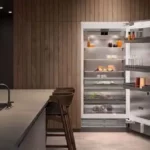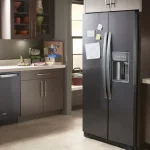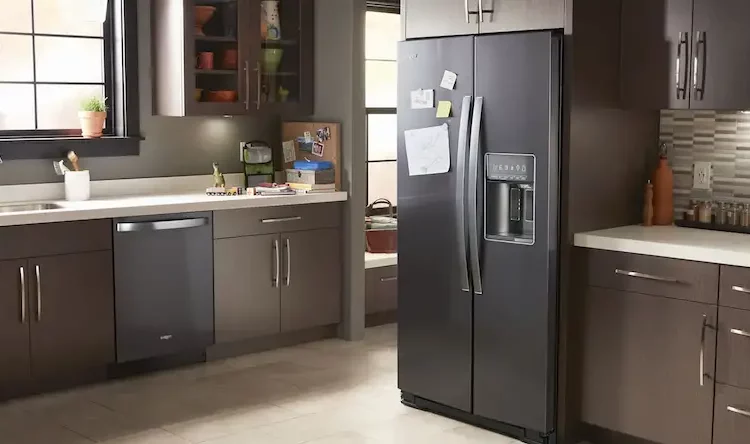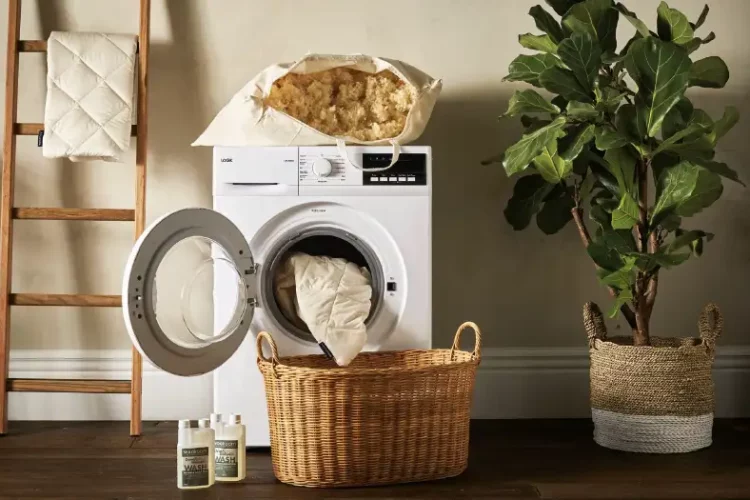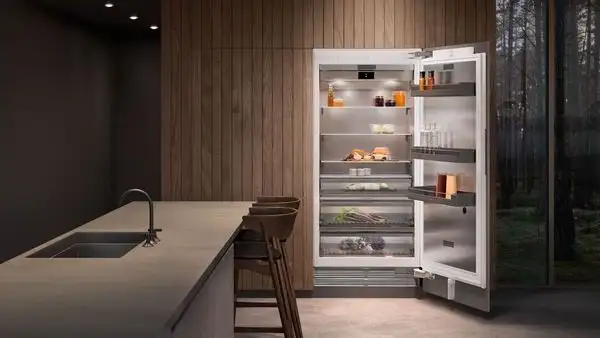
You can learn everything about refrigerator repairs, maintenance, and troubleshooting at the Ultimate Refrigerator Repair Blog. The common problems that can plague your cherished appliance and step-by-step strategies to fix them are covered in this detailed guide. To help you become a refrigerator repair specialist, we’ll answer some FAQs and give expert advice. Start now!
Table of Contents:
- Understanding Your Refrigerator’s Components
- Common Refrigerator Problems and Solutions
- Troubleshooting Tips for DIY Repairs
- The Importance of Regular Maintenance
- FAQs: Refrigerator Repair Blog Edition
- Conclusion: Empower Yourself with Refrigerator Repair Knowledge
Understanding Your Refrigerator’s Components
It’s important to become familiar with the refrigerator’s primary components before we go into the complexities of refrigerator repairs. The essential components that maintain your refrigerator functional and cool will be quickly covered in this area of our refrigerator repair blog.
Key Refrigerator Components:
- Compressor
- Condenser
- Evaporator
- Expansion Valve
- Refrigerant
- Thermostat
- Defrost Timer
- Door Seals
Common Refrigerator Problems and Solutions
Now that we’ve covered the basics, let’s dive into some of the most common refrigerator problems and their respective solutions.
Problem 1: Refrigerator Not Cooling
Check the thermostat settings
Inspect the condenser coils for dirt or debris
Examine the door seals for damage or gaps
Check the evaporator fan motor
Inspect the start relay and compressor
Problem 2: Frost Buildup in the Freezer
Ensure the freezer door is properly sealed
Check the defrost heater and timer
Inspect the evaporator fan motor for issues
Clear any blocked air vents
Problem 3: Refrigerator Leaking Water
Inspect the defrost drain for clogs
Check the water inlet valve for leaks
Ensure the water filter is properly installed
Examine the water supply line for damage
Troubleshooting Tips for DIY Repairs
In this section of our Refrigerator Repair Blog, we’ll provide you with some general troubleshooting tips to help you diagnose and fix your refrigerator issues.
Tip 1: Consult Your Owner’s Manual
Always refer to your refrigerator’s owner’s manual for specific information on troubleshooting, maintenance, and repairs.
Tip 2: Safety First
Unplug your refrigerator before attempting any repairs and use proper safety equipment, such as gloves and safety goggles.
Tip 3: Gather Necessary Tools
Ensure you have the right tools for the job, such as a multimeter, screwdrivers, and a flashlight.
Tip 4: Document Your Process
Take pictures and notes of each step you take during the repair process to ensure you can reassemble your refrigerator correctly.
The Importance of Regular Maintenance
In our Refrigerator Repair Blog, we cannot stress enough the significance of regular maintenance in keeping your fridge running smoothly and avoiding costly repairs. Some maintenance tasks you should perform include:
- Cleaning the condenser coils
- Checking and replacing door seals
- Inspecting and cleaning the defrost drain
- Changing the water filter
Tip 5: Monitor Temperature and Energy Efficiency
Regularly check the internal temperature of your refrigerator and freezer to ensure they are operating at optimal levels. Additionally, keep an eye on your energy consumption to detect any potential issues.
FAQs: Refrigerator Repair Blog Edition
In this section, we’ll address some common questions related to refrigerator repair and maintenance.
Q1: How often should I clean my refrigerator’s condenser coils?
A1: It’s recommended to clean your refrigerator’s condenser coils at least twice a year. However, if you have pets or live in a dusty environment, consider cleaning them more frequently.
Q2: What is the ideal temperature for my refrigerator and freezer?
A2: The ideal temperature for your refrigerator is between 37°F and 40°F (3°C and 4°C), while your freezer should be set at 0°F (-18°C).
Q3: When should I call a professional for refrigerator repair?
A3: If you’re uncomfortable performing the repair yourself, or if the issue involves electrical components or refrigerant, it’s best to call a professional technician.
Q4: Can a refrigerator be overfilled?
A4: Yes, overfilling your refrigerator can block air vents, preventing proper air circulation and causing cooling issues. Make sure to leave enough space for air to circulate freely.
Conclusion: Empower Yourself with Refrigerator Repair Knowledge
We hope our Refrigerator Repair Blog has helped you solve common refrigerator issues with insights, suggestions, and solutions. By understanding fridge components, typical difficulties, and our troubleshooting techniques, you may save time and money on repairs. Keep your refrigerator in good condition to extend its lifespan. If you are looking for refrigerator repair in Ventura, you can call 877-332-7754
Remember to prioritize safety when DIYing repairs. Call a skilled technician if you’re unsure or uneasy. You can keep your energy-efficient refrigerator running for years by learning refrigerator repair.
